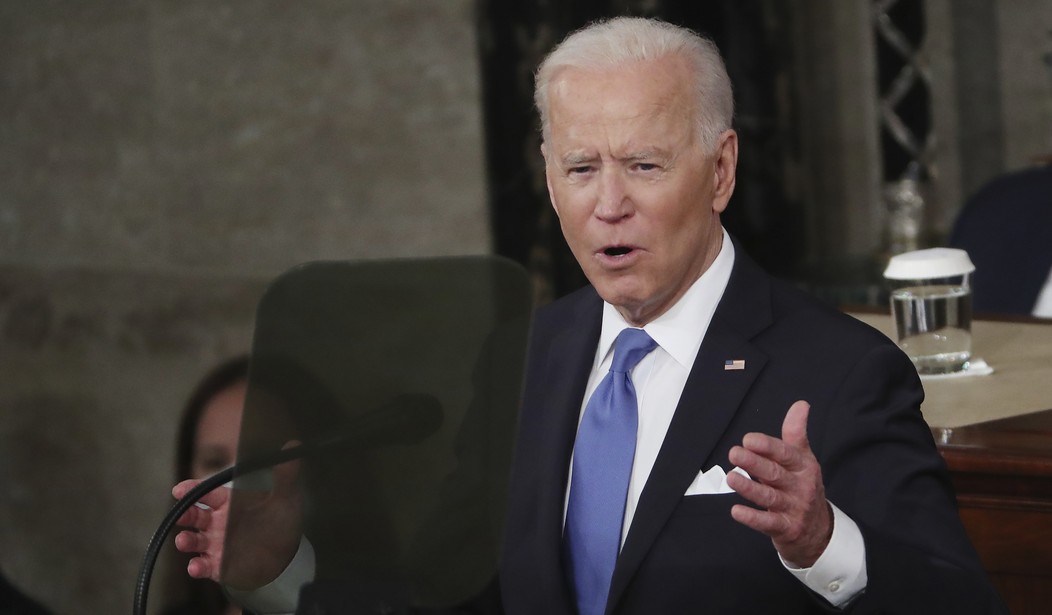By now, many among us are familiar with the words Green New Deal, net zero, Paris agreement, carbon neutral, etc. All are names for energy policies aimed at reducing greenhouse gas emissions.
However, the very politicians who preach the climate gospel — and espouse anti-fossil fuel policies — have embraced fossil fuels with gusto.
Last week, U.S. President Joe Biden called for an increase in oil production from OPEC countries to rein in gas price increases in America, thus contradicting his calls for a reduction in fossil fuel consumption.
Will there be an end to politicians’ fossil fuel hypocrisy?
Biden: More Oil, please!
Biden, leader of the free world, surprised climate campaigners in his own party by demanding an increase in oil production. On Aug. 12, 2021, the White House released an official statement that asked OPEC (Organization of the Petroleum-Exporting Countries) to increase oil production.
OPEC members are Algeria, Angola, Equatorial Guinea, Gabon, Iran, Iraq, Kuwait, Libya, Nigeria, the Republic of the Congo, Saudi Arabia (de facto leader), the United Arab Emirates, and Venezuela.
The statement, by National Security Advisor Jake Sullivan, on the Need for Reliable and Stable Global Energy Markets, read, “While OPEC+ recently agreed to production increases, these increases will not fully offset previous production cuts that OPEC+ imposed during the pandemic until well into 2022. At a critical moment in the global recovery, this is simply not enough.”
It added that, “President Biden has made clear that he wants Americans to have access to affordable and reliable energy, including at the pump.”
Recommended
For the Climate: Biden’s Been Against Fossil Fuels
President Biden’s concerns about OPEC production levels are to be appreciated, and he has made the right call to secure gas supply for Americans.
But this move stands in stark contrast to the policies he advocates for. His administration has always been against the use of fossil fuels.
Even before he became the President, Biden promised a new energy policy that would seek to reduce American dependency on fossil fuels. He laid out a long-term plan to transition to renewable energy systems and replace internal-combustion vehicles with electric vehicles.
He also put the U.S. back into the Paris climate agreement, which seeks to reduce fossil dependency globally. By doing so, Biden has re-committed American funding to the international climate fund that serves as a money bank for anti-fossil policies in developing countries.
Earlier this month, the Biden administration unveiled a $3.5 trillion infrastructure bill, which favors “electric vehicles, renewable power and clean energy initiatives meant to help combat climate change and wean the U.S. off fossil fuels.”
A Hypocrisy that is Hard to Miss
Yet, Biden’s move to request a higher oil output from OPEC defies all logic on reducing dependency on fossil fuels. Dan Eberhart, CEO of Canary LLC, observes, “Biden is not the first president to lobby OPEC for more oil … But none of Biden’s predecessors did so while pursuing an aggressive anti-oil agenda.”
Also, Biden’s cancellation of new oil drilling permits in the U.S. makes no sense if he is going to import the same oil from OPEC.
“You’d think the first place you would go would be American producers, rather than OPEC, which literally held this country hostage for decades because they were our top supplier,”said American Petroleum Institute’s President Mike Sommers. “The irony sure is thick … We’re talking about an administration that really for the first eight months in office did nothing but try to restrict American development of oil and gas,” added Sommers.
Up north, Canadians are unhappy with Biden’s strange dependence on OPEC oil when plenty is available in the U.S. and Canada.
“The Biden administration pleading with OPEC to increase oil production to rescue the United States from high fuel prices months after cancelling the Keystone XL pipeline smacks of hypocrisy,” said Alberta’s Energy Minister Sonya Savage. Savage pointed out that the “Keystone XL would have provided Americans with a stable source of energy from a trusted ally and friend.”
Biden’s Move Risking Energy Security
American and global oil consumption is set to increase in the coming years. Oil encountered a brief lack of demand during the COVID-19 lockdowns globally. But experts say the post-COVID “rebound in key economies such as the U.S. and Europe has helped to drain bloated stockpiles built up during the pandemic and driven prices higher.” The U.S. national average price of gasoline is at a 7-year high of $3.18 per gallon.
Biden’s policy to reduce oil and gas production in the U.S. and refuse the easily available oil from Canada does not bode well with any future increase in U.S. oil demand.
It is scary to think what will happen when U.S. politicians systematically reduce the percentage share of fossil fuels in the energy mix. The ongoing energy crisis in Lebanon is a reminder as to what may happen to civilians if there is an oil crisis in the nation.
Biden’s move to cut off domestic oil supply (cancel U.S. drilling and Keystone XL pipeline) and depend increasingly on imported oil from OPEC is dangerous to the energy security of the country. Besides, it robs him of any moral high ground to preach on climate change or emission reduction.
Vijay Jayaraj (M.Sc., Environmental Science, University of East Anglia, England), is a Research Contributor for theCornwall Alliance for the Stewardship of Creationand resides in Bengaluru, India.

























Join the conversation as a VIP Member